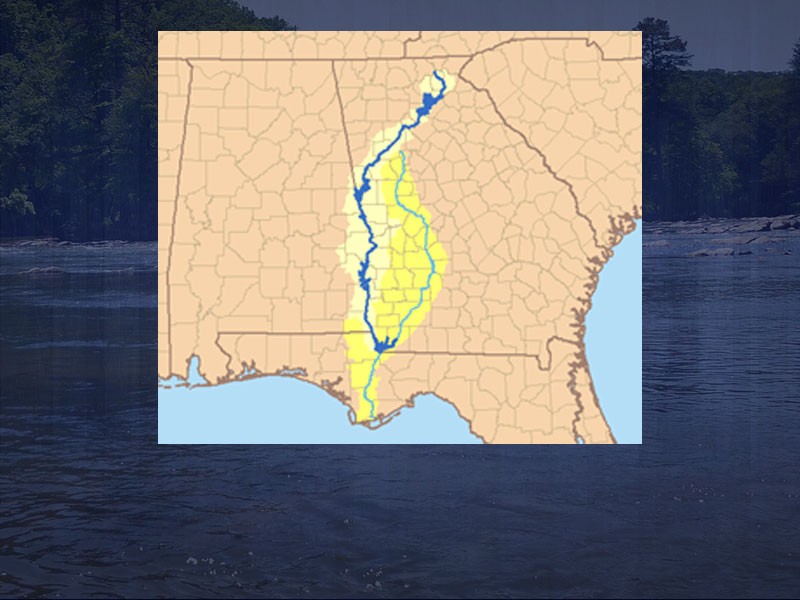Florida has long contended that Georgia's use of the water in the basin has ruined its oyster industry.
Georgia, on the other hand, has argued in court over the last several years that the state has used the water responsibly for the booming metro Atlanta area and for agriculture in the south end of the state.
"Georgia makes the argument that they have been doing their part," said Chris Manganiello, water policy director for the Chattahoochee Riverkeeper in Georgia, in a recent interview with USA Today. "I don’t expect Georgia to say anything different or all that earth-shattering (at the upcoming hearing)."
Freelance journalist Haiston Willis told the Georgia News Network in Atlanta that Florida lawyers will move their focus away from the water use in Atlanta during this hearing and argue that Southwest Georgia farmers are using more than their fair share of water from the basin.
"We're talking about water that isn't used to take showers and for drinking water - this water is used for irrigation," Willis said.
U.S. Circuit Court of Appeals Judge Paul J. Kelly of Santa Fe, New Mexico, will hear the oral arguments from both states Thursday, Nov. 7. He was selected by the U.S. Supreme Court to serve as a special master in the 2013 case.
A recommendation from Kelly likely would come in several months.









